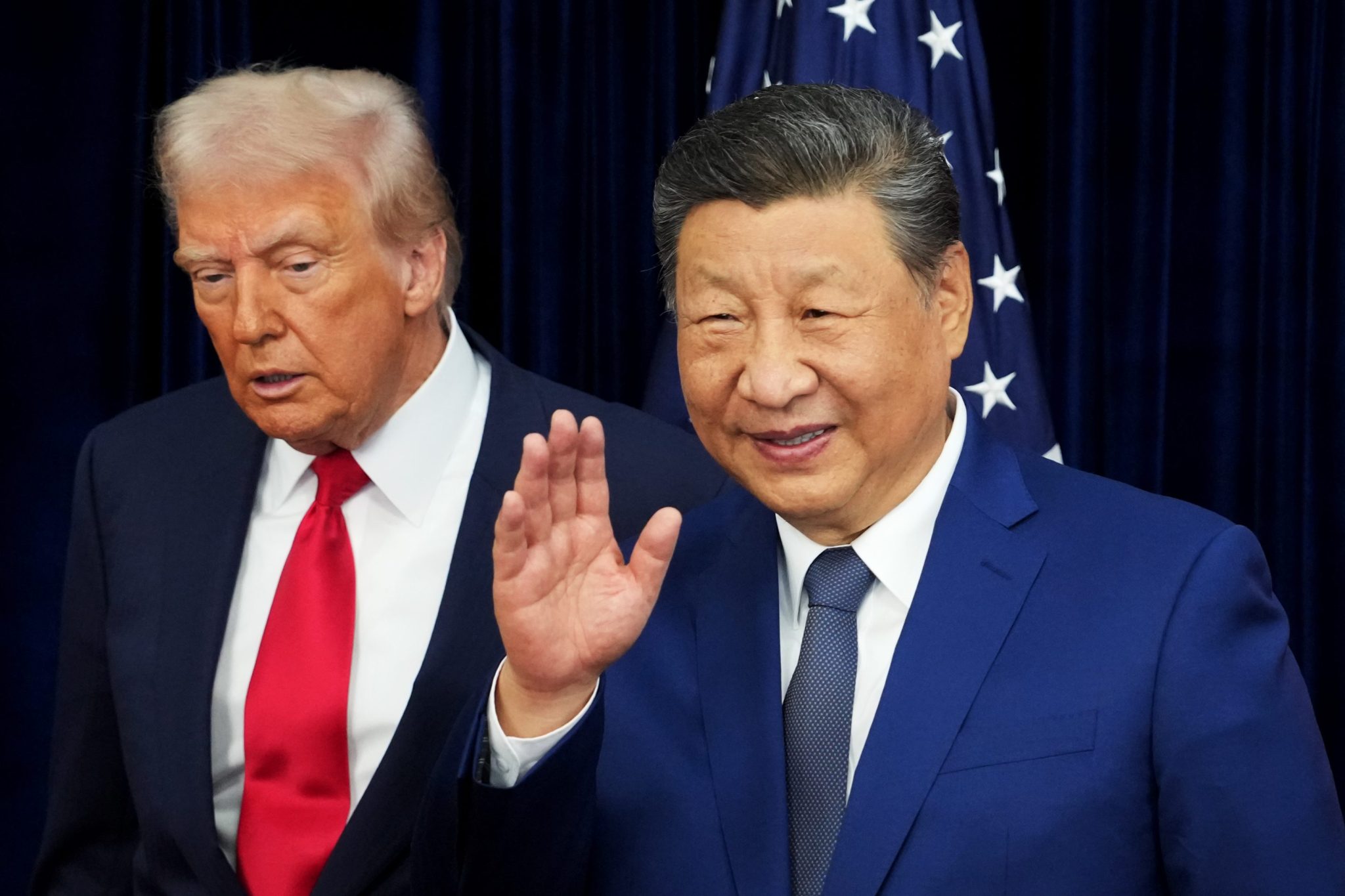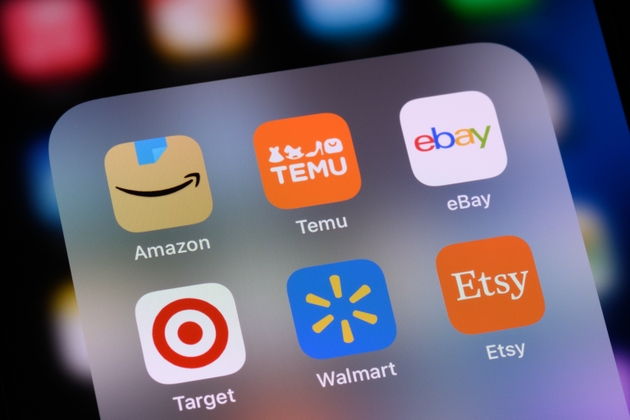When Steve Magami describes his blueberries, he sounds less like an agriculturist and more like a luxury car salesman.
“They actually pop when you bite into them,” the Fruitist CEO told Fortune. “They’re so firm and crispy, you’ve got to try it to know what I mean, because we’ve never seen anything like this in berries.”
Magami’s company, Fruitist, sells blueberries so large that they border on surreal—“not quite as big as golf balls,” he clarifies, “but close.” The company’s new Super Jumbo “Legends” line has become a runaway hit, flying off shelves at Trader Joe’s, Whole Foods, Sprouts, and even celebrity-beloved Erewhon.
The growth has created a billion-dollar berry brand, backed by Ray Dalio’s family office and JPMorgan Asset Management, which just led a $150 million funding round in the company. Magami didn’t want to comment on Dalio’s investment, but noted the office “isn’t out there making investments in so many things publicly, and so this is certainly something we take a lot of pride in.”
Another partner Magami is proud of: Chicago Bears quarterback Caleb Williams, who recently became the first NFL player ever to throw multiple touchdowns, catch multiple passes, and score a receiving touchdown in a single game during the Bears’ 47–42 win over the Bengals on Nov. 2. Williams’ partnership with Fruitist was announced earlier this fall.
“That was a legacy game for him,” Magami said with a smile. “It was unbelievable. So we’re excited for him to help us get the message out.”
That message is clear but simple: Take something ordinary—blueberries—and reengineer it for consistency.
“We wanted to put an end to berry roulette,” Magami said. “One day you buy a pack and it’s great. The next day it’s mushy, or moldy, or bland. We wanted to build a brand that guaranteed a great experience every time.”
That quest began in private equity. Magami spent the first decade of his career financing biofuel projects before realizing the same logic around optimization could apply to food, seeing an opportunity to unlock “the potential of elite new varietals”: blueberries bred to maximize flavor and firmness. The health-conscious need not worry, Magami emphasized: breeding giant blueberries is quite different from injecting them chock-full of GMOs, like popular grocery brands might do.
Typical blueberries are made and shipped haphazardly, Magami said, with no accountability for quality. In the classic model, small farmers ship fruit to packers, who sell to distributors, who sell to retailers, meaning there is no alignment—packers and distributors “don’t have skin in the game,” Magami said.
“That stifles innovation,” he added. “This has been a sleepy industry with low margins.”
Fruitist’s model flips that hierarchy. The company owns the full value chain, from proprietary varietals—patents on particular blackberries—to global farms to data-driven logistics.
For a company obsessed with perfection, the logistics are dizzying. Fruitist operates farms in eight countries, from Peru’s “natural greenhouse” coast to Oregon, Morocco, Egypt, and China’s Yunnan province. The goal is to offer seamless, year-round supply.
“We built the infrastructure, the data foundation, and now even algorithms that help predict optimal quality and yield,” Magami said.
It’s a rare picture of a non-AI startup succeeding in 2025. AI startups gobbled up 63% of venture-capitalist funding in 2025, creating a bifurcated market where more traditional startups must run to catch scraps. But Wall Street is convinced the mix of tech, agriculture and marketing that Fruitist is built on means it could scale beyond the produce aisle.
The company currently sells in over 12,000 stores and more than 40 countries, but JPMorgan’s investment will go toward expanding operations in eight of those countries, building cold-storage infrastructure and automating processes around harvesting and distribution.
“The world was snacking unhealthy”
Fruitist’s blueberries may look like produce, but Magami insists they’re part of a snacking revolution.
“The world was snacking unhealthy,” he said. “We saw an opportunity to bring something better. It’s nutrient-dense, enjoyable, and easy to eat on the go.”
To that end, Fruitist recently launched grab-and-go “Snack Cups,” which are individual packs of fresh blueberries. The company’s internal research suggests the health-snacking sector could reach $100 billion of an $800 billion global snack market.
Even the current GLP-1 drug boom is working in Fruitist’s favor.
“The data shows GLP-1 users are eating virtually less of everything except fruits and vegetables,” Magami said. “They want to look better and feel better.”
That premiumization comes with a price tag: about $5 to $8 for the company’s jumbo clamshells, and $10 to $12 for the Super Jumbo “Legends.” The average price for blueberries in 2024 was around $4 per pound, according to USDA data.
But Magami argues consistency, not luxury, drives consumer loyalty, and that people are willing to pay more not to have to play “berry roulette.”
“We want consumers to feel like this is a reliable product every week of the year,” Magami said.
This story was originally featured on Fortune.com

 3 hours ago
1
3 hours ago
1





 English (US) ·
English (US) ·